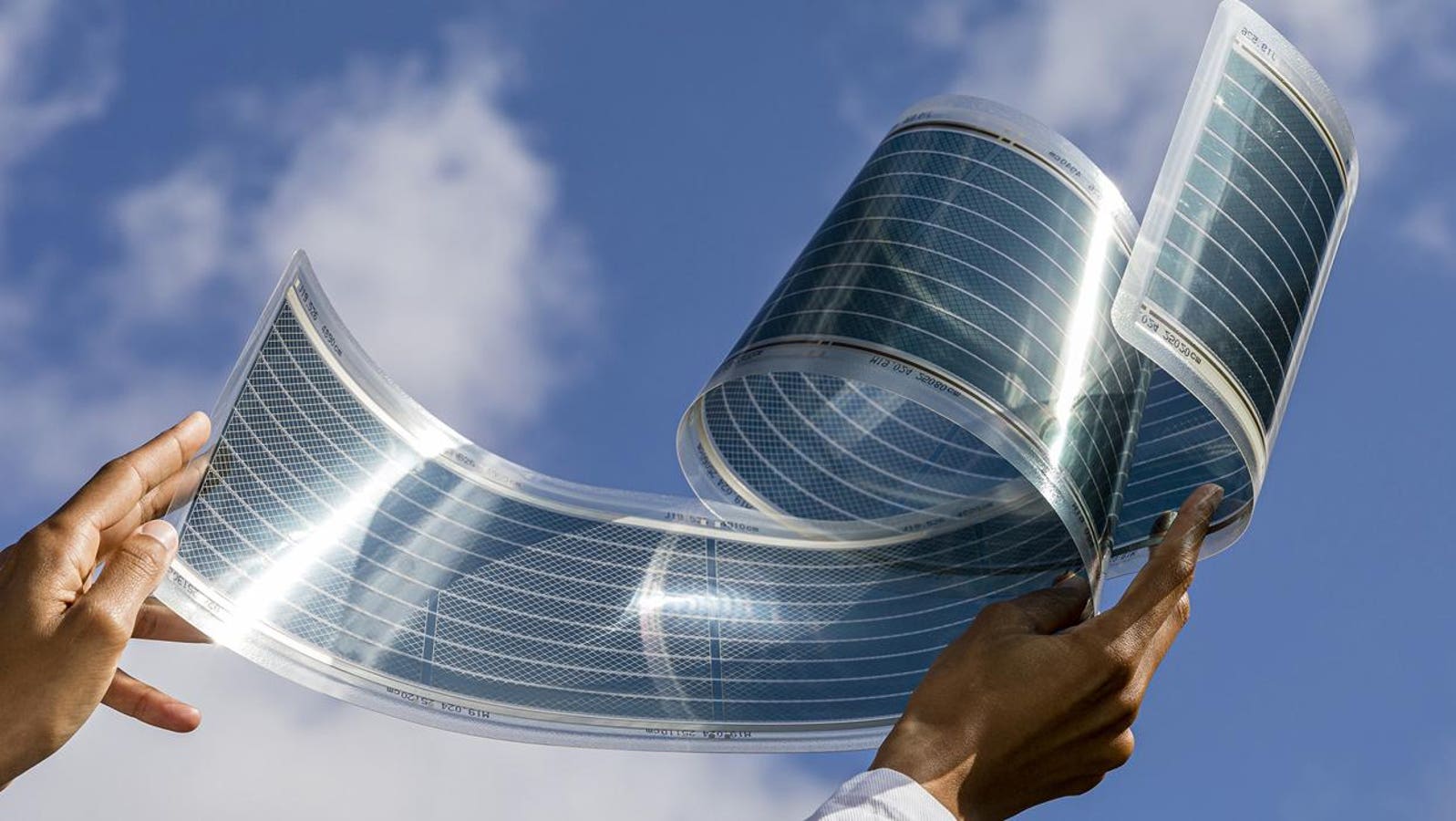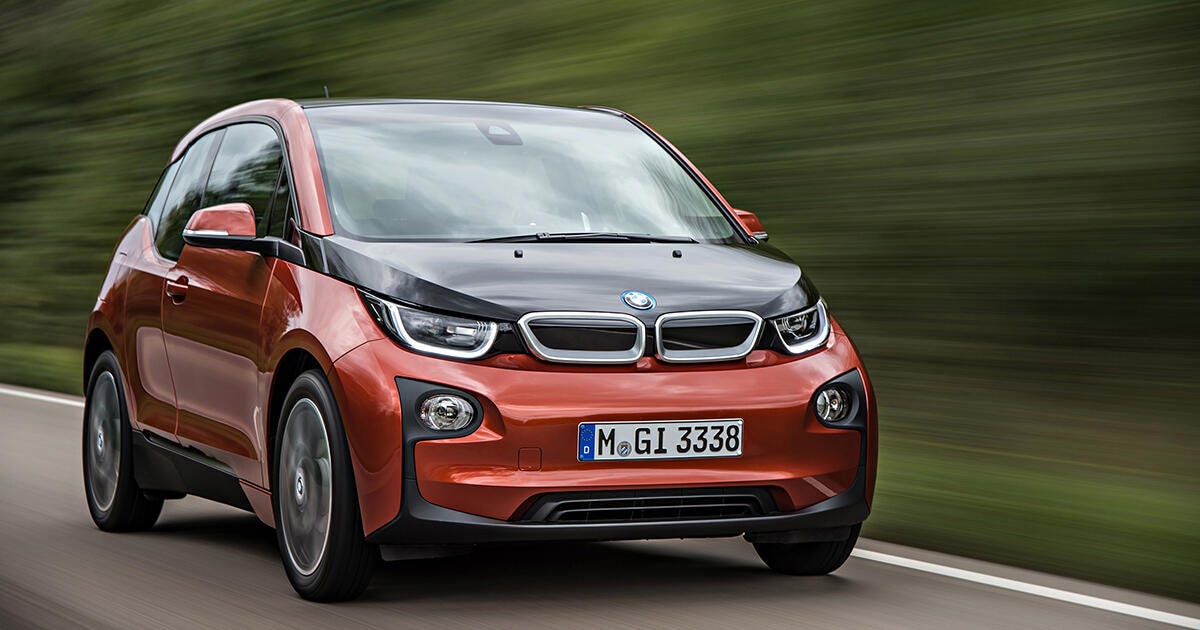NoPartyMike
Well-known member
Offline
https://www.npr.org/2020/09/23/9162...er-banning-sales-of-new-gasoline-cars-by-2035
Gov Newsome says the changes are being implemented to fight climate change.
https://www.npr.org/2020/06/26/8836...electric-truck-rule-targets-diesel-death-zone
In similar news, back in June, the CA Air Resources Board passed a mandate that by 2045 all new diesel truck sales, targeting the 18 wheeler industry, will need to be electric.
In Newsome's press conference he says they have a strong plan, the auto industry is trending this way, and they want to motivate society to make the switch to electric faster.
I think this is a noble venture, and amplified if the materials and power can also be produced in a more climate friendly manner than that of fossil fuels.
Gov Newsome says the changes are being implemented to fight climate change.
https://www.npr.org/2020/06/26/8836...electric-truck-rule-targets-diesel-death-zone
In similar news, back in June, the CA Air Resources Board passed a mandate that by 2045 all new diesel truck sales, targeting the 18 wheeler industry, will need to be electric.
In Newsome's press conference he says they have a strong plan, the auto industry is trending this way, and they want to motivate society to make the switch to electric faster.
I think this is a noble venture, and amplified if the materials and power can also be produced in a more climate friendly manner than that of fossil fuels.
Last edited:




